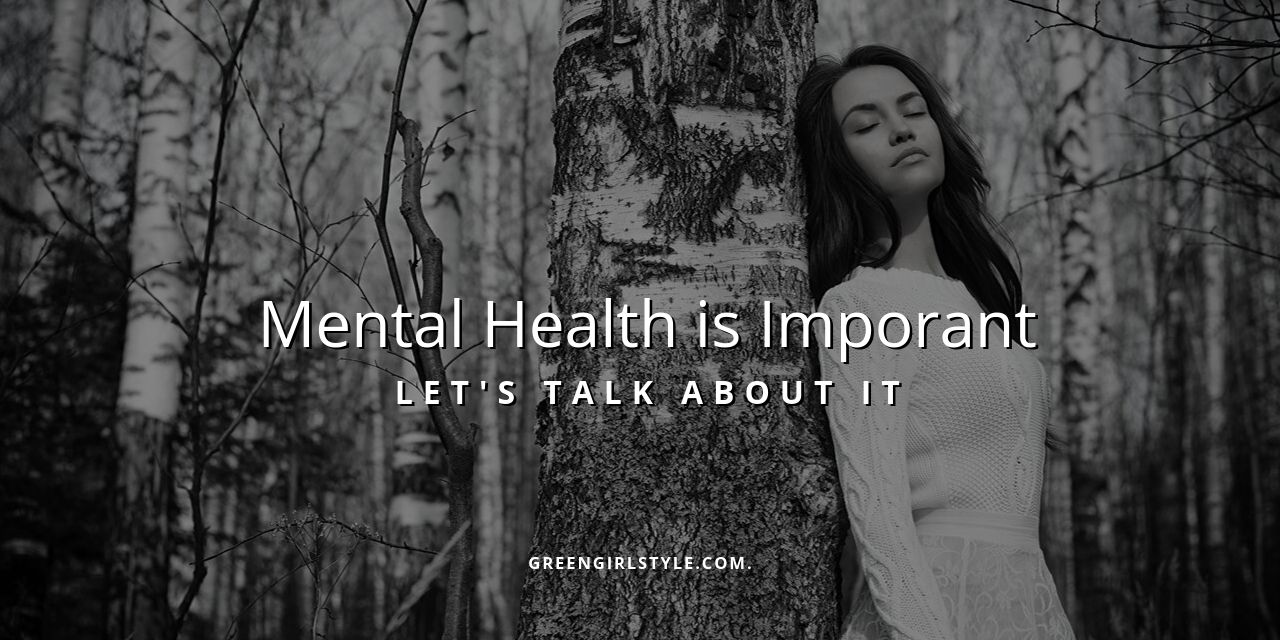With everything going on in the world today, I thought I would take a minute to discuss what I believe to be one of the most important topics in our society and culture today… Mental Health.
Mental health and wellness might affect everyday life, partnerships, and also physical health. Mental health equally consists of a person’s ability to enjoy their lives – to obtain a balance between life functions and efforts to reach emotional sustainability.
What is Mental Health? Mental Health Defined
The World Health Organization explains mental health as a “state of wellbeing where a person can cope and function with the daily stress of life, understands and realizes their own abilities, and can contribute to society and their communities.
All cultural, subjective assessments, and competing professional theories affect how “mental health” is actually defined.
What is Social Mental Health?
Social mental health may be described in different aspects as well, depending upon professions, cultures, societies and communities. All of these have different means of conceptualizing nature and cause of mental health issues. For that reason, while dealing with a mental illness or to improve mental health, one must look after their own cultural and religious background.
What do you believe in? What’s important to you? That matters most of all. Keep that in mind.
Understanding Mental Health in Science and Medicine
Several mental health professionals are beginning to understand, or already understand, the importance of competency in religious diversity and spirituality. The American Psychiatric Association explicitly states that “religion must be respected”.
Education in spiritual and religious matters is also required by the American Psychiatric Association.
What Should We Do to Improve Mental Health?
Mental health is not just a condition but a range of different disorders, feelings, values, and mental issues. The life of someone with a mental health disorder can be a full life, full of enjoyment and creative growth. A person may need help. What is our goal? The emotional well-being and a person’s capacity to deal with life’s inevitable challenges. Happiness is the goal. That can be achieved by increasing our capacity to deal with life, and stabilizing our emotions. Part of that is our ability to be honest, and share our feelings. Our true feelings.
Sometimes there is really no clinical or diagnosed mental ailment. That doesn’t mean that there isn’t one, or that you need to ignore your mental health. So don’t!
Everyone Has a Mind – Everyone Has a State of Mental Health
From a position of a holistic approach, as well as a positive psychology (positive thinking works! Science backs it up), everyone should look after their mental health. You don’t need a diagnosis to practice positivity. You don’t need permission to be happy. You don’t have to be perfect to LOVE YOURSELF!
It can be difficult to deal with life’s pressure and function in life. Everyone has to do it though. Did you know that research suggests that wealthy people have the most depression? Remember, the goal is to enjoy life and be happy. It is a balance between life endeavors and emotional resilience.
My Confession
It’s time for my confession. I have dealt with depression for a very long time now. I was diagnosed 3 years ago. When they wanted to put me on medication, I didn’t want it. With everything I knew, with everything I read… I didn’t want to take the medications that they have for depression. One glance at the list of side effects alone will make you wonder why anyone takes those.
But you know what? I manage. I get by. In fact, I more than get by. And you know what else? I have a theory. I think almost everyone has depression. At least at some level. I mean we are human aren’t we? Aren’t we supposed to feel thing? Are we not supposed to be happy sometimes and sad other times? Are we not supposed to grieve or have animosity? I think it’s part of life. And I think that I would prefer to feel both happy sometimes AND sad sometimes, than to not feel either most of the time.
Conclusion
Mental health can be defined as someone’s cognitive, behavioral, and emotional health – it’s entirely pertaining to how we think, feel, and behave. The term ‘mental health ‘ is generally used to suggest an absence of a mental illness. But even without a diagnosed mental illness, we should all look out for our mental health.










